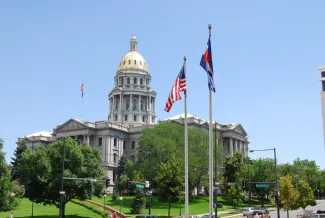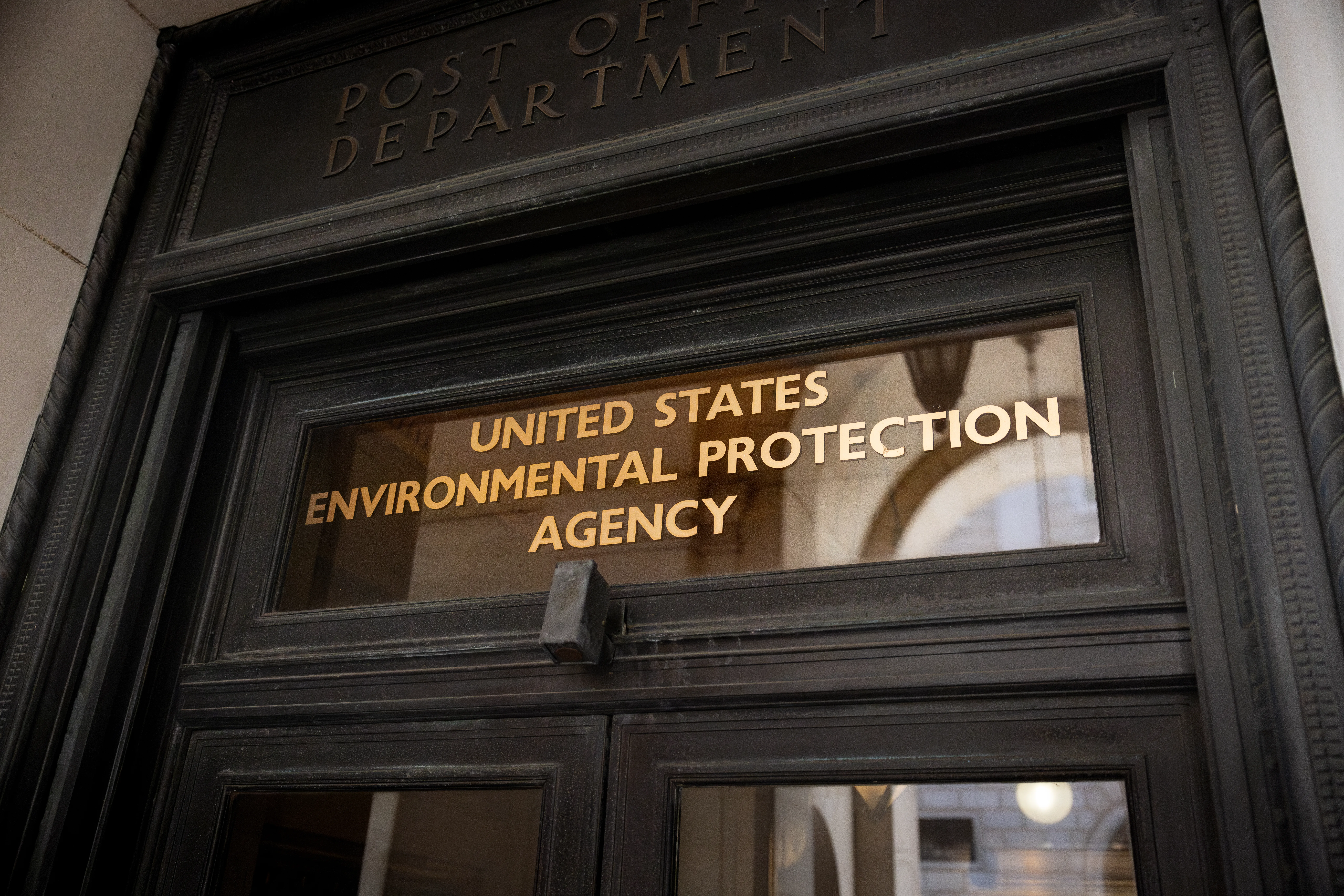
Colorado governor vetoes Uber, Lyft passenger safety bill
Colorado Governor Jared Polis vetoed a bill Friday afternoon that would have required more safety features in ride-hailing services, writing that the legislation would risk the future of companies like Uber and Lyft in the state.
The bill would “would jeopardize these services in Colorado to an untenable degree, and could very well lead to companies that Coloradans rely on exiting the market, raising prices, or reducing the number of drivers. This in turn would create economic hardship for the thousands of people who rely on the platforms for income and to go to medical appointments, as well as potentially add more drunk drivers to the road,” he wrote in his veto letter.

House Bill 25-1291 aimed to increase safety for passengers, including optional audio and visual recording during rides and a ban on drivers offering their passengers food and drink. It would have also added some new background check requirements and allowed a person to sue, instead of going to arbitration, a company or driver in the case of death, sexual assault, personal injury or kidnapping.
The bill was sponsored by Representative Jenny Willford, a Northglenn Democrat who said she was sexually assaulted by a Lyft driver last year. Prosecutors charged the man who allegedly attacked her earlier this month. Willford is also suing Lyft over the incident. She did not immediately respond to a request for a comment on the veto.
Lawmakers narrowed the scope of the bill throughout the legislative process, most significantly in the final days of the session, to respond to concerns from ride-hailing companies. It passed the House on a 56-9 vote and the Senate on a 22-13 vote.
Still, Uber said they would leave the state if the bill became law, and Uber and Lyft both encouraged a veto after the legislative session wrapped up.
Polis wrote that he was concerned the audio and visual recording provisions were in conflict with state privacy laws, and that banning arbitration clauses in rider agreements on the platforms in question could be preempted by federal law.
“I fear victims attempting to bring a claim in court in reliance of this bill will have their claims dismissed based on federal law and the arbitration clauses in the user terms and agreements, causing substantial delay in victims achieving relief,” he wrote.
At the same time, Polis directed the state’s Department of Regulatory Agencies to work with bill sponsors to come up with policy ideas that could be implemented through executive orders or legislation next year. Specifically, he wants the department and the Public Utilities Commission to strengthen rules against driver impersonation and enhance existing audits on the companies’ background check processes.
He also requested recommendations about how to update and potentially expand the regulatory structure for ride-hailing companies “with a specific focus on passenger safety and enhanced transparency.”
“HB 25-1291 should not represent the end of this conversation on ride share safety,” he wrote.

















